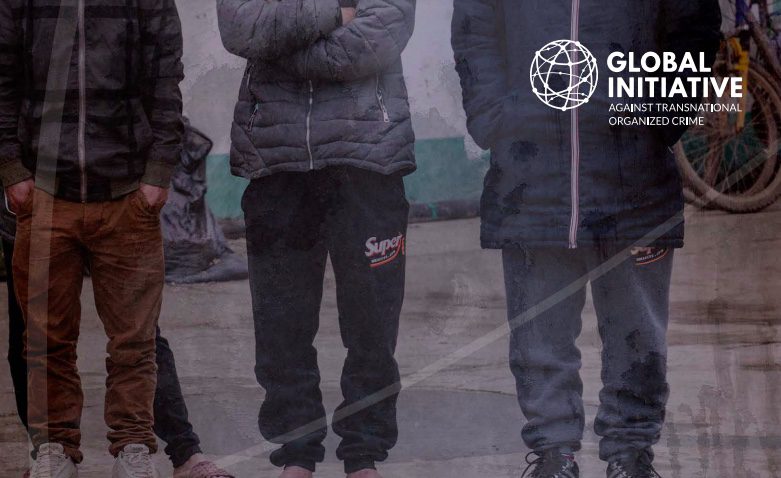
Forced to work: Labour exploitation in the Western Balkans
Labour exploitation is a pressing concern in the Western Balkans, affecting both local and migrant workers. Between 2018 and 2023, there were 767 confirmed and potential victims of labour exploitation, including forced begging, recorded in Albania, Bosnia and Herzegovina, Kosovo, Montenegro, North Macedonia, and Serbia. The highest number of victims was reported in 2021, with fluctuations in subsequent years.
This form of exploitation, defined as workplace abuse for profit, involves employers benefitting from unethical or illegal treatment of workers. Common abuses include non-payment or underpayment of wages, long working hours, and unsafe conditions, often disregarding labour laws.
Labour exploitation is pervasive in sectors like construction, textiles, hospitality, and food industries. Workers endure inadequate compensation, long hours, and substandard environments. This report shows that abuses often involve confiscation of personal documents, coercive fixed-term contracts, and employer intimidation. These issues are exacerbated by corruption and inadequate law enforcement, allowing traffickers to operate with impunity. Despite official records, civil society estimates the actual number of victims could be 10 to 20 times higher, highlighting significant underreporting and the hidden nature of this crisis.
The study emphasized that civil society organizations have stressed the need for enhanced data collection and standardized reporting systems to better understand and address the extent of labour exploitation. Improving legal and policy frameworks, strengthening law enforcement, and increasing regional cooperation are crucial steps. Efforts must also focus on supporting victims, raising awareness, and combating corruption. Policymakers and the private sector should work together to promote economic diversification, formalize the informal economy, and reform social protection programs to support vulnerable families.
Labour exploitation in the Western Balkans not only violates human rights but also poses significant economic challenges. Addressing this issue requires a comprehensive and coordinated approach, involving all stakeholders, to ensure safe and fair working conditions for all.
